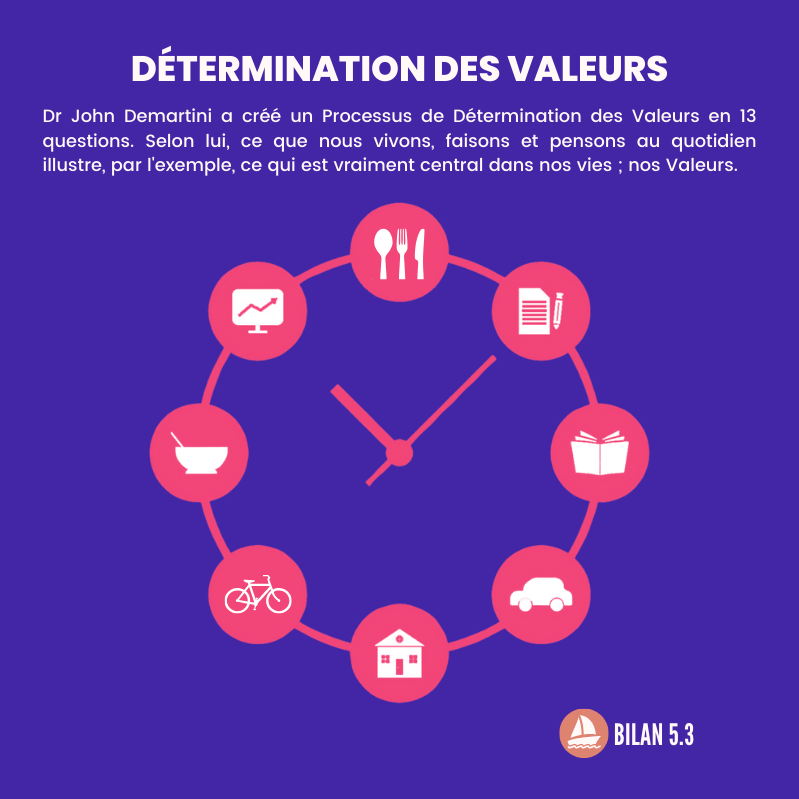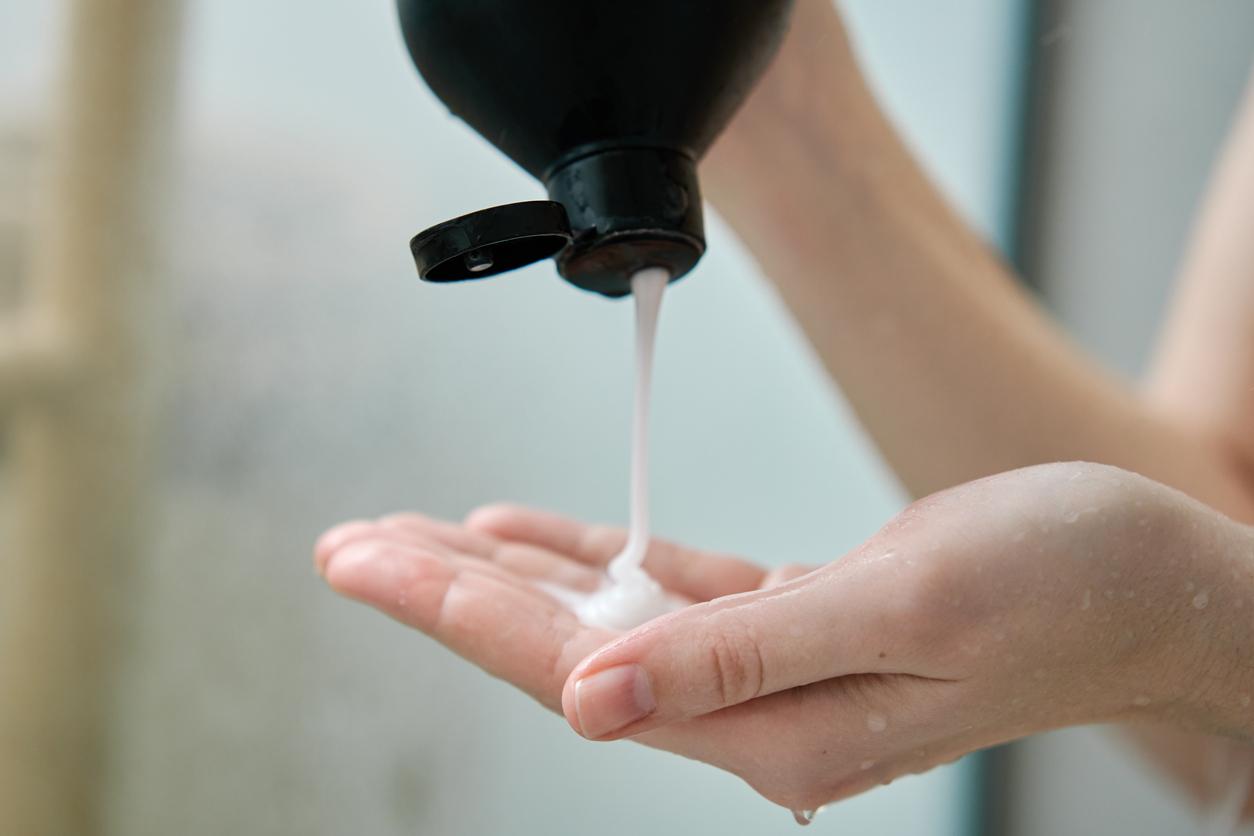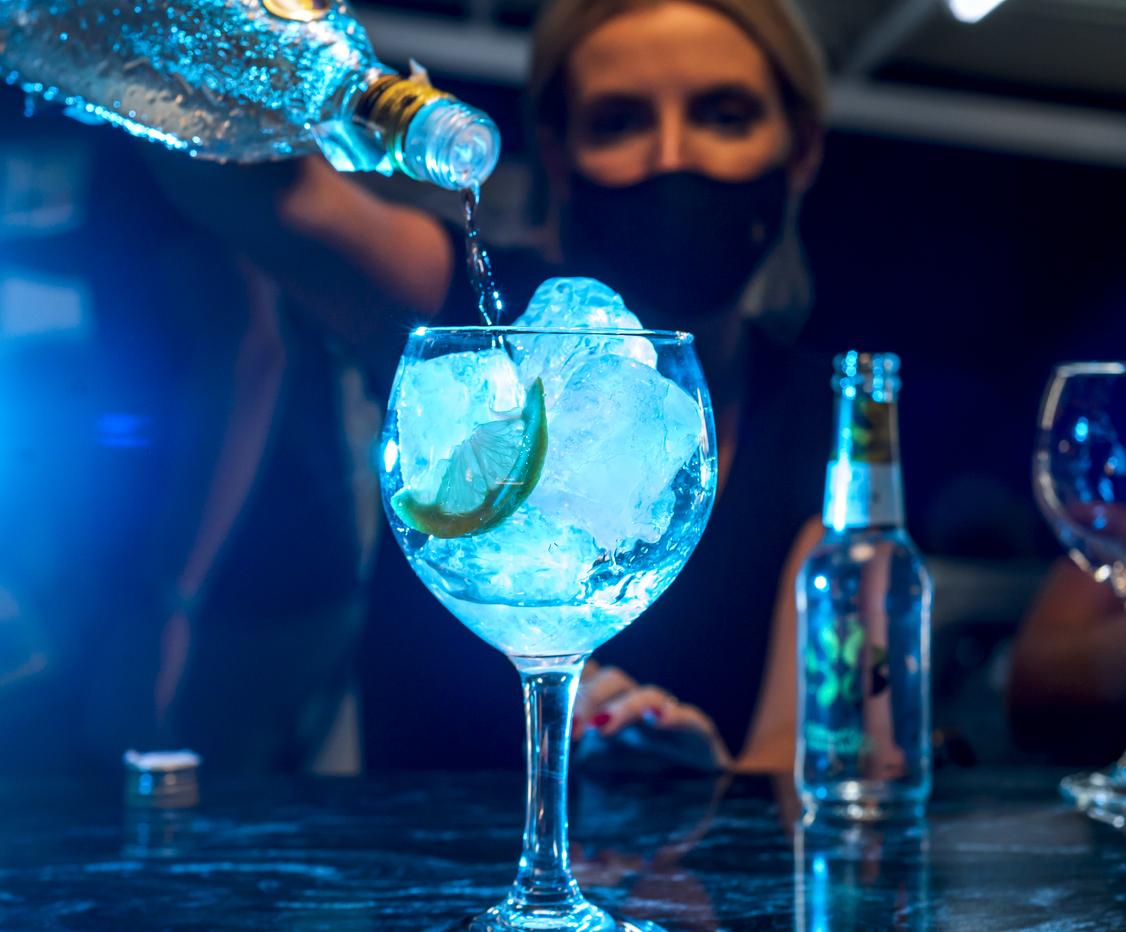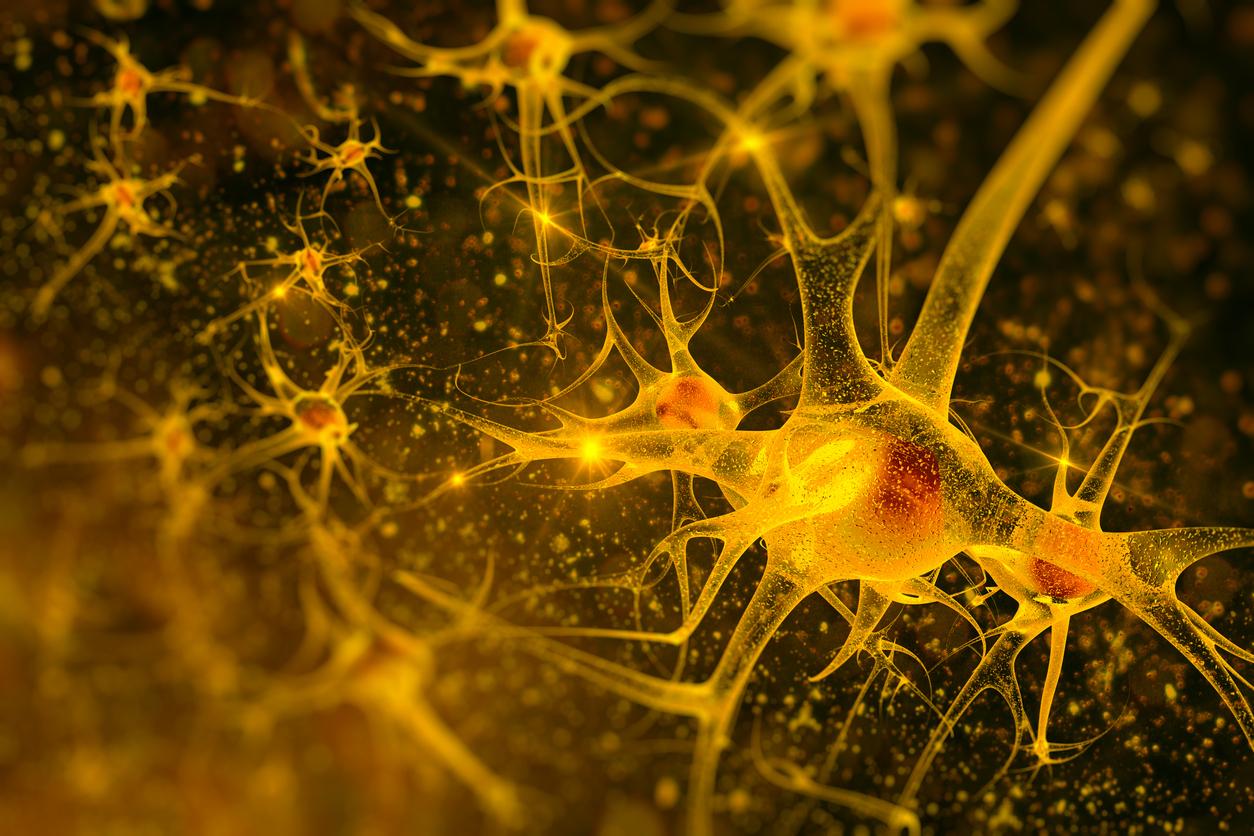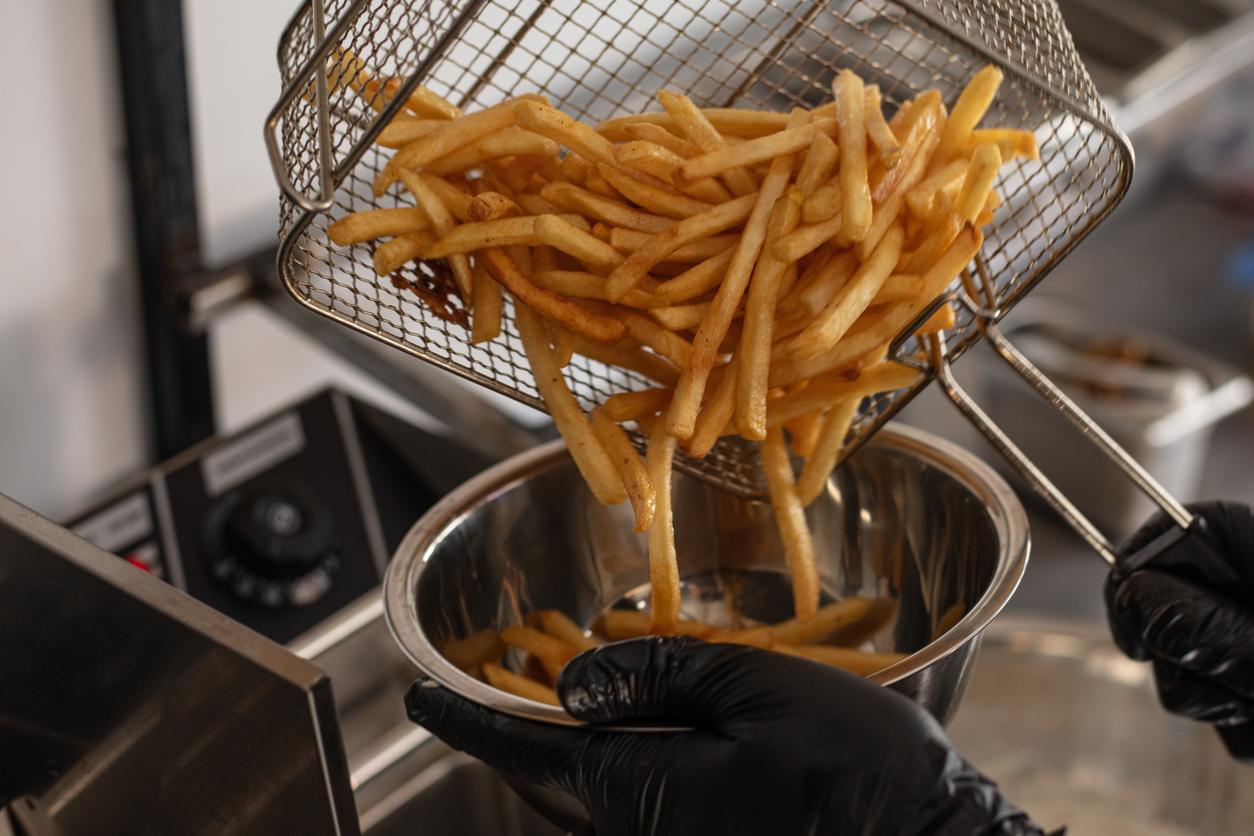
While the flowering of lavender is fast approaching in the south-east of France, lavender growers are starting to seriously worry: REACH (Registration, Evaluation and Authorization of Chemicals) wishes to classify the essential oil resulting from the plant as a dangerous chemical.
REACH associates lavender essential oil with a chemical. The latter points to linalool, a molecule naturally present in lavender, and considers it to be potentially allergenic. However, one could distinguish between linalool chemically designed by factories in the manufacture of products such as laundry or deodorants and linalool naturally contained in most essential oils such as lavender essential oil or linalool. orange extract.
Go back
In 2009, a Swedish study warned against the allergenic potential of linalool, but the results of the study did not relate to plant extracts but to the consequences of the reaction of linalool with oxygen.
Julien Aubert, Member of Parliament for Vaucluse, had also addressed the Minister of Agriculture, Agri-food and Forestry, in April 2013, to express to him his concern and that of lavender producers on the subject of European regulations. According to the MP, it is inconceivable that plants and essential oils are considered chemicals and that distillers are equated with manufacturers, given that essential oils are produced by plants. “ Because of this regulation, distillers will have to produce files for each essential oil, in order to highlight their physicochemical, toxicological and eco-toxicological characteristics. However, in the case of an essential oil, it is impossible to provide these data since they vary depending on the soil and the sun. Requiring an “identity card” for each essential oil is an aberration because there are as many identity cards as there are producers and sites where lavender is planted. »He specifies.
The Apal received by the Ministry of Ecology
The Association of Producers of Protected Origin of Lavender Essential Oil (APAL) was received on May 2 by Jean-Louis Bianco, special advisor to the Minister of Ecology, Ségolène Royal. “The new standards would like to assimilate us to chemicals designed by man for a few years while our essences are based on a thousand-year-old manufacture. Our essential oil is obtained by distillation and is considered an agricultural product under the Treaty of Rome of 1957»Specifies Francis Vidal, in charge of monitoring regulations for Apal.
Lavender producers hope to be heard by REACH because if European regulations are accepted, it could well be the beginning of the end of lavender cultivation and therefore, of the flourishing economy linked to this purple flower.
In any case, a crucial question arises: does aromatherapy risk losing the “universal panacea”, the reigning champion because of its multiple therapeutic virtues? Only the future will tell us…







